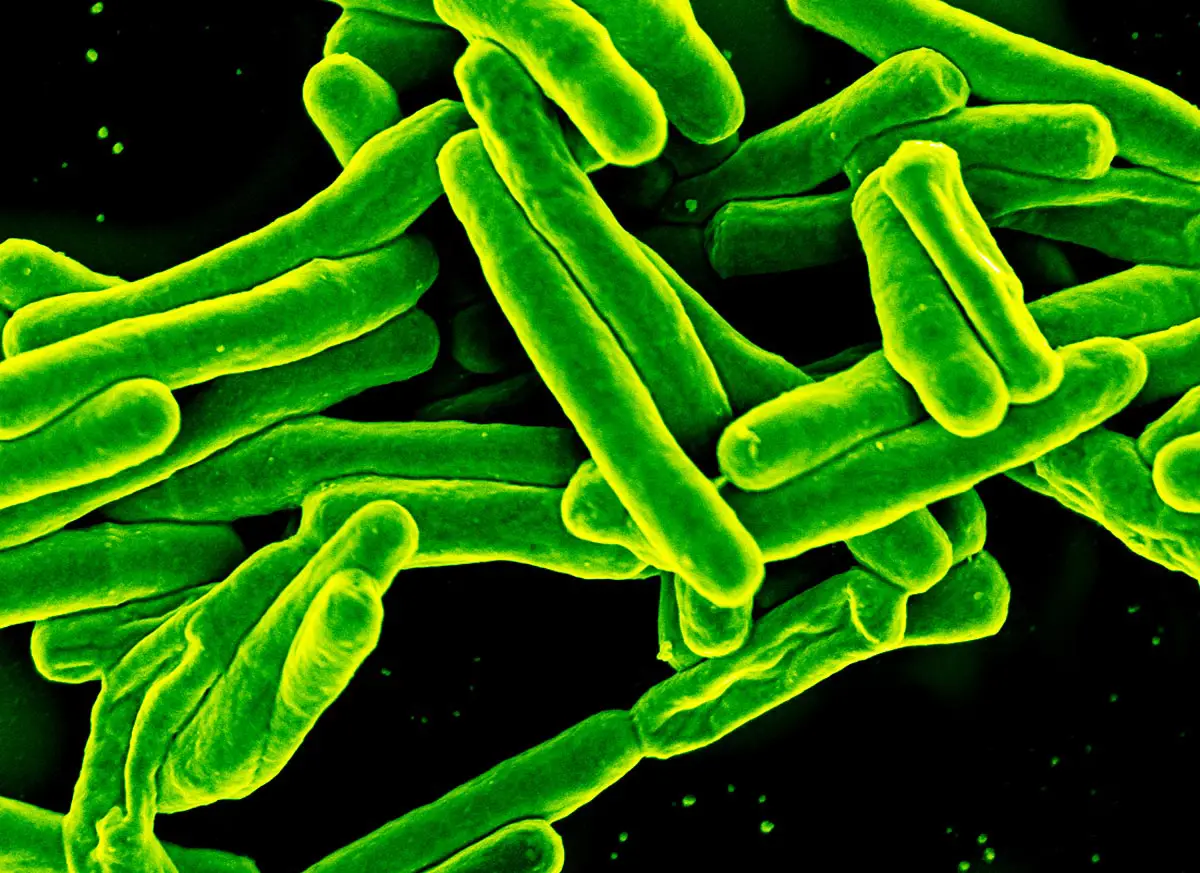The human microbiome has been gaining a lot of attention in recent years. This may be due to the increased understanding of its effects on the body and the development of new tools for manipulating the microbiome. However, it is still unclear how much the microbiome impacts health. Research in this area is still in its early stages. Nevertheless, the studies conducted so far provide insight into the modulatory role of the human microbiota in human wellness. As a result, future applications of this research have great potential.
Researchers are investigating the microbiome’s effect on the immune system, metabolism, and behavior. Several studies have shown that the gut microbiome is related to type 1 diabetes, liver disease, and autoimmune disorders. In addition, a person’s microbiota can affect the effectiveness of their food intake and how the body uses food. Furthermore, the microbiome can play a role in preventing colonization by harmful bacteria.
Studies are also looking into the microbiome’s impact on the human environment. For example, research has found that air pollution can impact the microbial community in the gut. Similarly, traffic-related air pollution has been linked to changes in the respiratory microbiome in children. It has been suggested that the gut microbiome could contribute to preventing some types of cancer.
While the human microbiome is an important part of our wellness, it is a complex organism, and the study of it is only in its early stages. Until now, research has been primarily focused on the bacterial microbiome in the GIT, although the field is expanding to other sites.
A recent study examined the microbiome composition of 33 infants with a high genetic risk of type 1 diabetes. They found that the diversity of the gut microbiome had declined before the onset of the disease. Other studies have found a link between dysbiosis and celiac disease.
While this relationship between the microbiome and the environment has been explored, scientists are still unsure about the causal link between these factors. There are various confounding factors, such as differences in microbial composition between subjects and experimental design. These factors make it difficult to determine the true human microbiome-host relationship.
Nonetheless, the study of the human microbiome has been underway for a few years, and it continues to offer interesting insights into the microbial communities of the human body. Despite the lack of definitive proof, the microbiome study is still very promising, and future studies may lead to the development of innovative treatments for disease.
Currently, the Human Microbiome Project is the only large-scale international effort that has studied microbial communities in the body. Using Whole Genome Shotgun Sequencing (WGSS) technology, scientists have identified and mapped the DNA sequences of microorganisms. Over the past five years, the project has identified nearly 200 bacterial species and their roles in human health.


Comments are closed